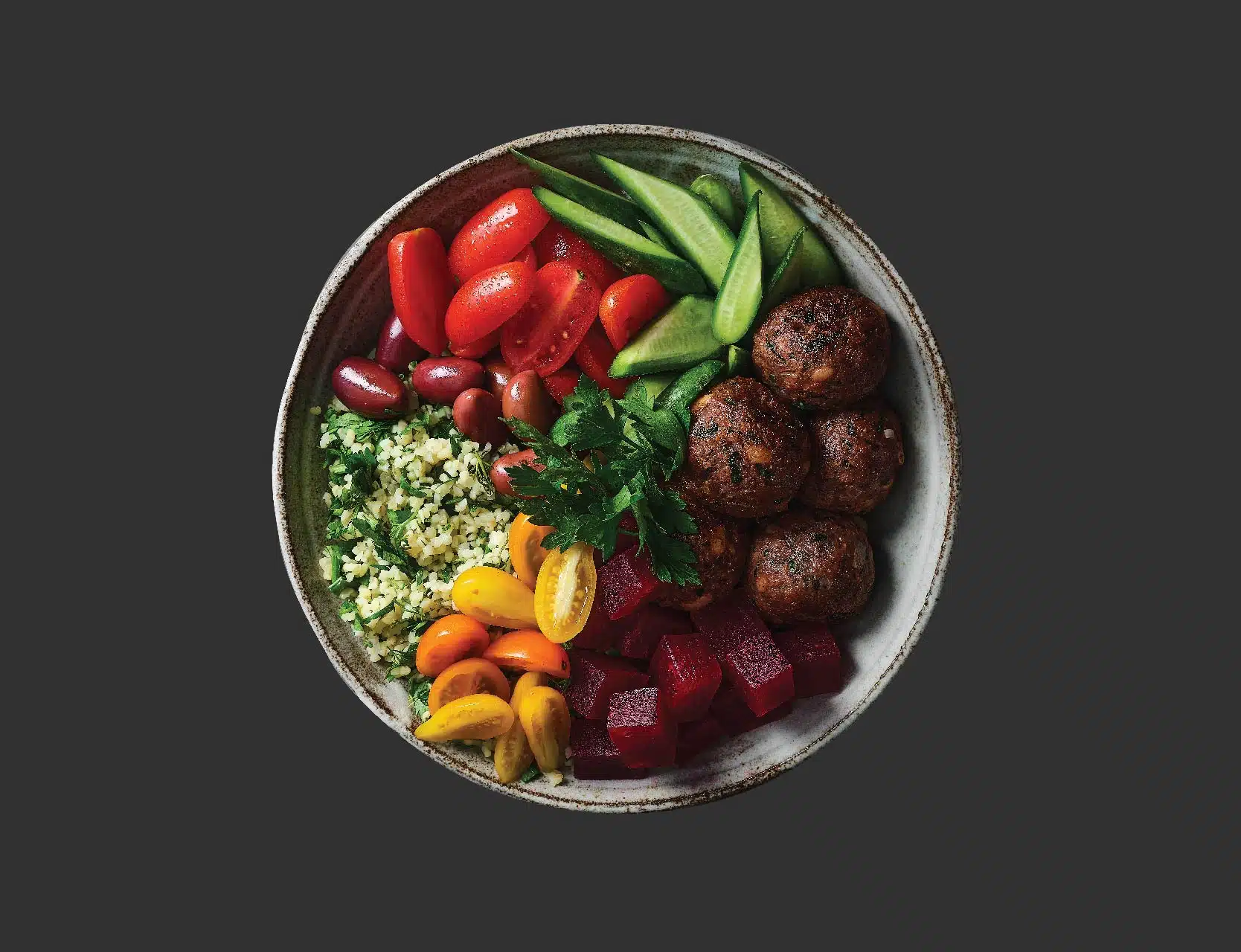
Is a Vegan Diet Healthy?10 Expert Nutritionist Insights for Optimal Health
So, you’ve taken the plunge into the world of veganism or a plant-based lifestyle. You’re convinced it’s healthier for the planet, but is it a healthy way to nourish your body? In this blog, we take a look at some research-based benefits of eating a plant-based diet, and how they may improve your overall daily wellbeing and long-term health, from your energy levels and vitality to resilience to heart disease and chronic illness.
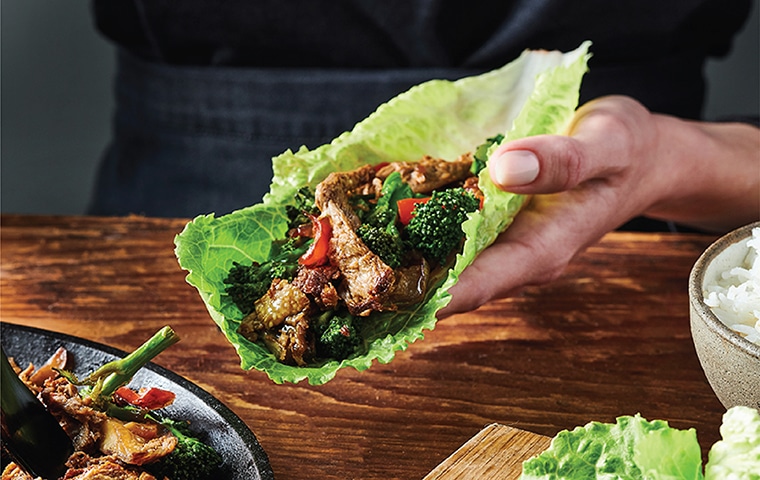
Here’s What the Research Suggests About Foods from Non-Animal Sources
In numerous studies examining the impact of a vegan diet on human health, a consistent trend emerges: increased consumption of fresh fruits, vegetables, cereal grains, nuts, legumes, and seeds correlates with a spectrum of health benefits.
We know that navigating the intricacies of health effects can be complex, with hundreds of studies presenting sometimes contradictory findings. Health, however, extends beyond the mere absence of illness; it’s also about fostering an overall sense of well-being and vitality you experience in your daily life, from elevated energy levels to getting a better night’s sleep.

So here are ten research-based health-boosting benefits of adopting a well-balanced vegan diet:
1. Heart Health: According to the National Lung, Heart, and Blood Institute, cultivating a heart-healthy lifestyle involves mitigating risk factors associated with heart disease. Multiple studies support this idea, showing that a well-rounded vegan diet, packed with plant-based foods, promotes heart health by reducing BMI, blood pressure, and LDL cholesterol levels (the “bad” kind). For those who follow the Heart Foundation’s advice, relying on fats from fish, nuts, seeds, and healthy oils, the alignment with a vegan diet is evident and promising.
2. Weight Management: Beyond just fitting more easily into those tight jeans, maintaining a healthy weight is key to good long-term health. A vegan diet, packed with whole plant foods such as legumes, fruits, and vegetables, supports weight management in several ways; it increases fiber intake, which gives you that “I’m full” feeling for longer, reduces cravings for constant snacking, and eliminates the calorie-rich fats found in dairy or meat products.
3. Digestive Health: The fiber content in plant-based foods isn’t just a boon for digestive health, promoting regular bowel movements and a balanced gut microbiome. Recent research suggests that transitioning to a plant-based diet, with its heightened fiber content, may enhance the diversity of health-promoting bacteria in the gut, fortifying the digestive system and supporting a robust immune system.
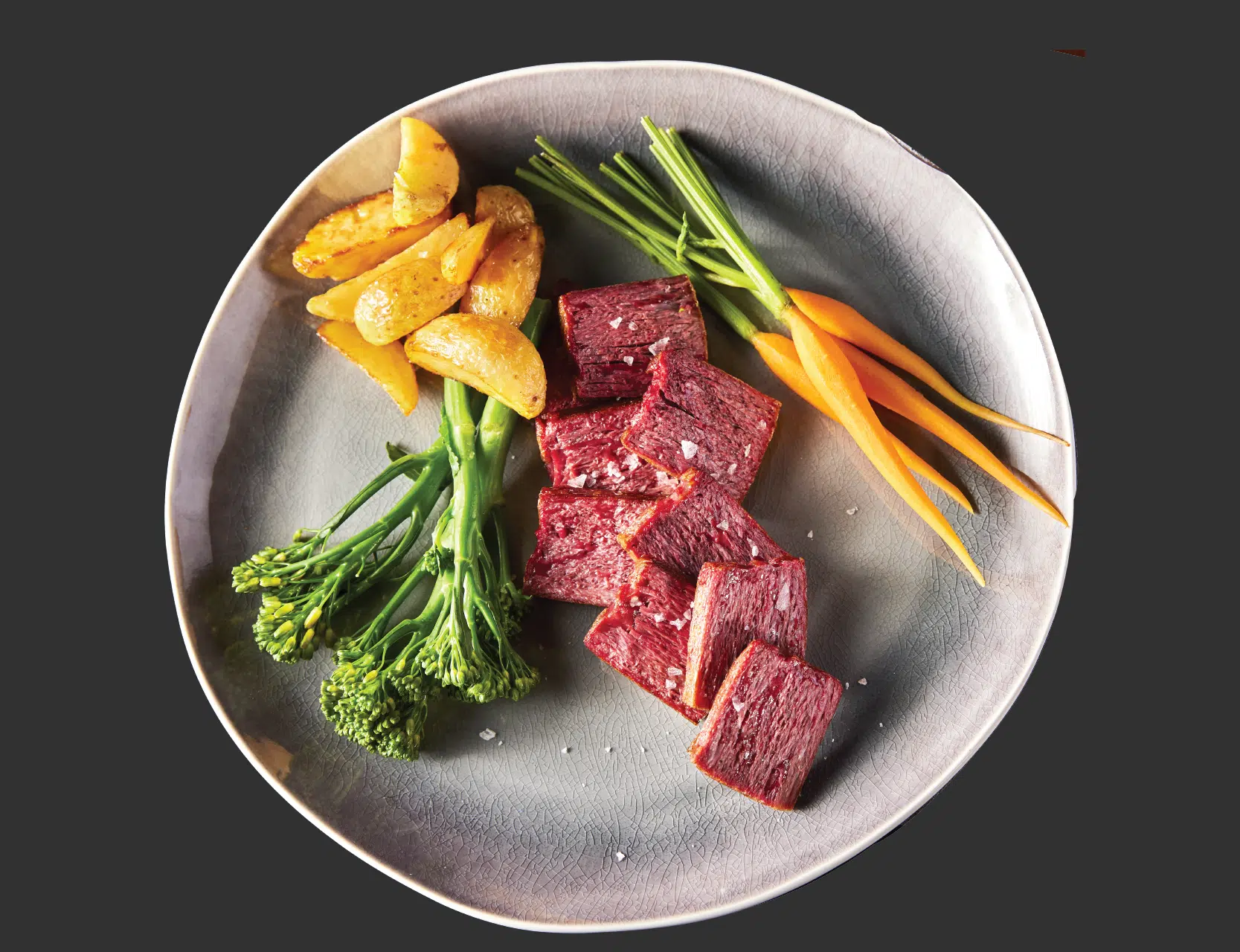
4. Energy Levels: Want to overcome fatigue and boost your overall energy? Then a vegan diet that is rich in peas, beans, brown rice, and oats is a great option. Slow-release complex carbs like these with a low glycemic index take longer to break down in the gut, which means sugars enter the bloodstream more gradually. This offers a healthier way to power your day – while reducing sugar spikes that encourage snacking.
5. Cognitive Abilities: Studies suggest nutrient-rich plant foods, particularly those high in antioxidants and omega-3 fatty acids, support cognitive function and protect against cognitive decline. Nutritionists emphasise a dietary pattern with abundant fruits, leafy vegetables, legumes, and whole grains, since the same foods that promote heart health and blood vessel protection, also contribute to preserving cognitive sharpness.
6. Sleep Quality: According to the WHO, there’s a sleep loss epidemic sweeping industrialised countries. That should be a cause for concern since a good night’s sleep plays a pivotal role in reducing stress, lowering blood pressure, preventing inflammation, controlling weight, memory function and more. The good news is certain plant foods may positively impact both the quality and duration of your sleep.

7. Stress Reduction: Could it be that vegans are generally less stressed out? The abundance of vitamins, minerals, and antioxidants in plant-based foods may contribute to stress reduction and improved mental well-being, creating a holistic approach to nourishment that extends beyond physical health.
8. Immune System Repair: Research reveals an intricate dance between diet, immune system, and gut microbes, showcasing the potential benefits of vegetarian diets in modulating the immune system and gut microbiota. Plant foods, with their rich array of vitamins, minerals, and antioxidants, are fundamental in supporting immune function and aiding in the repair and maintenance of the immune system.
9. Cancers and Diseases:Certain plant compounds, such as phytochemicals and fiber, coupled with the absence of specific animal products, especially smoked or processed cold cuts – may contribute to a lower risk of certain cancers and chronic diseases associated with animal-based diets.
10. Flexibility and Bone Health: Contrary to concerns, a well-planned vegan diet can provide the necessary nutrients for bone health, including calcium, vitamin D, and magnesium. A nuanced approach to nutrient balance is crucial for vegan diets, ensuring adequate intake to counter potential vulnerabilities associated with osteoporosis and bone fractures.
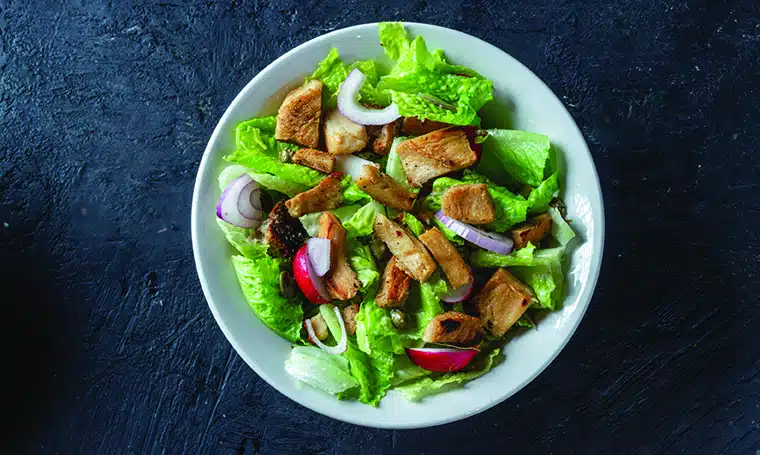
Conclusion: Towards Crafting a Well-Balanced Vegan Lifestyle
In summary, the evidence in favor of a well-planned vegan lifestyle continues to grow, highlighting its potential to deliver an array of health benefits that can enhance your wellbeing on a daily basis, improve your mood and mental performance, and reduce the risk of developing chronic ailments like diabetes, cancer or heart disease down the road. And yes, it helps that in many parts of the world it’s easier than ever to find more plant-based options in restaurants and an ever-growing array of products in stores, and even a yearly campaign where millions of people support each other to try this lifestyle during a full month.
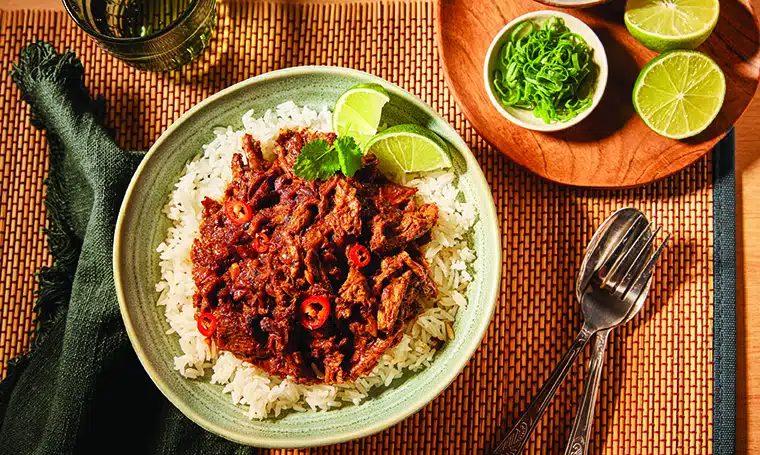
As nutritionists will tell you, the healthiness of a diet, whether vegan, vegetarian, or carnivore, depends on individual choices, nutritional balance, and overall lifestyle. Furthermore, cutting out animal products such as eggs, dairy, fish or meat in their entirety may expose certain people to certain nutrient deficiencies.
Thus, cultivating a healthy vegan lifestyle lies in planning meals that ensure a sufficient intake of certain nutrients that are more abundant in animal products, such as essential proteins, vitamin B12, iron, omega-3 fatty acids, calcium, and vitamin D – ensuring that the foods they consume are fortified with these essential nutrients, or that they supplement them in another way. (It is recommended to consult with a certified nutrition specialist for these matters.)

How Redefine Meat Can Help Fill in the Gaps
That’s where Redefine Meat’s products can make your journey to vegan eating a healthier and more sustainable proposition. Made primarily from legumes, Redefine Meat’s 100% plant-based new-meat products are excellent sources of bioavailable protein, and also contain many essential micronutrients like iron, B12 and Zinc.
When included as part of a healthy, balanced diet, using new-meat such as Redefine Beef Mince or Pulled Beef as ingredients can help consumers prepare quick and satisfying vegan meals in a variety of styles and cuisines, and when eating out, it’s much easier to make choices across an almost limitless range of cuisines and types of dishes. In short, it’s never been easier to take the plunge.





